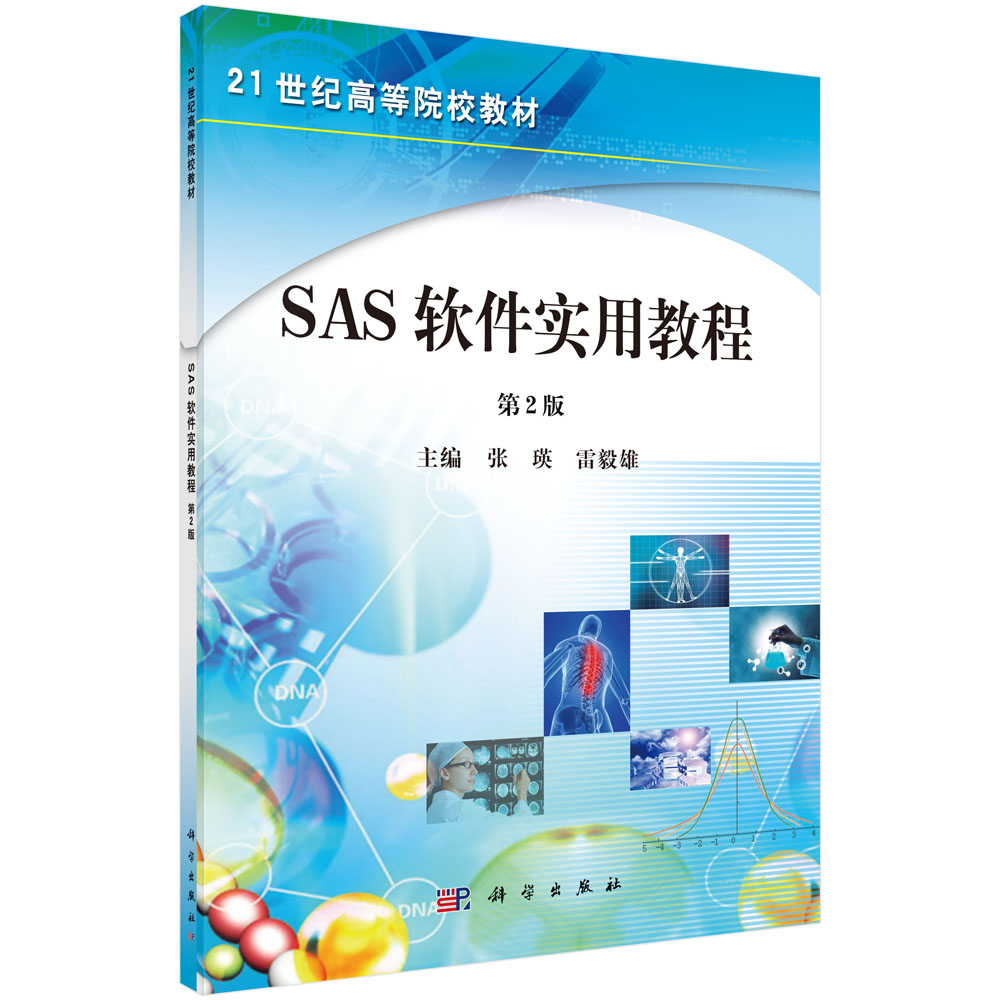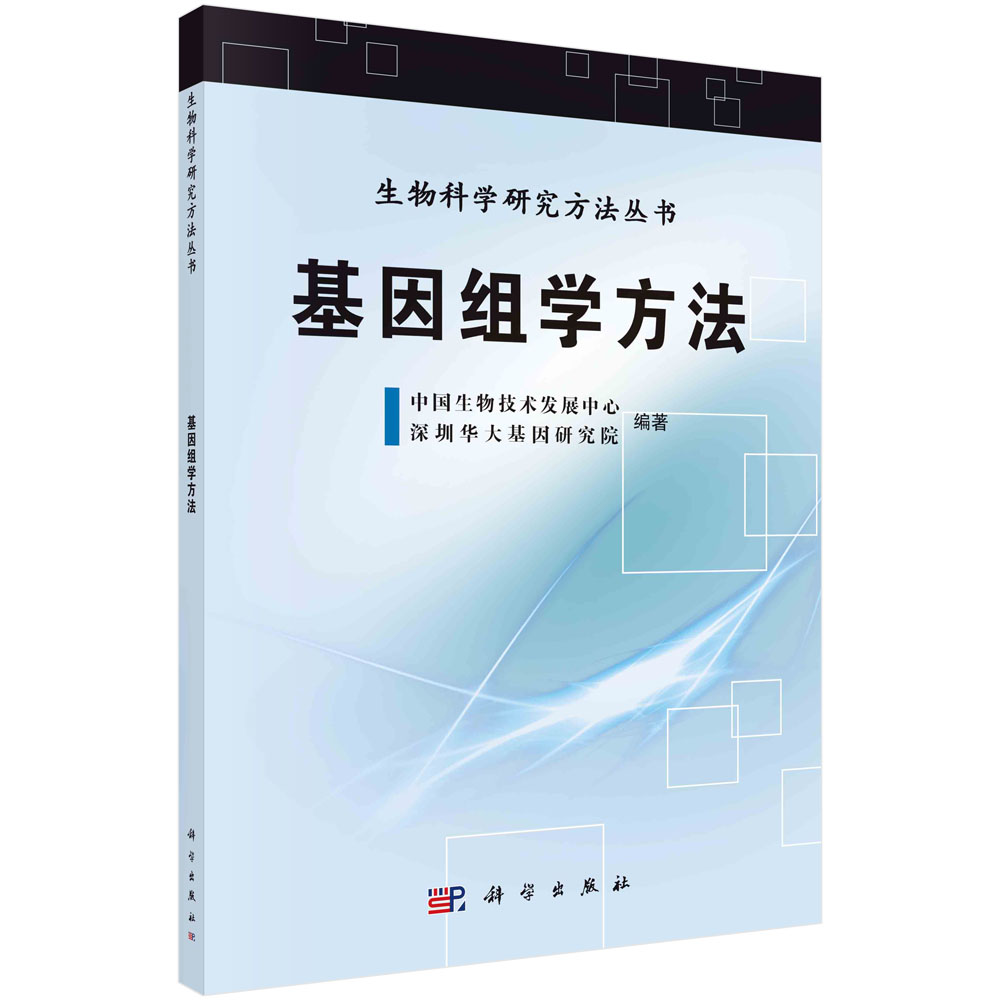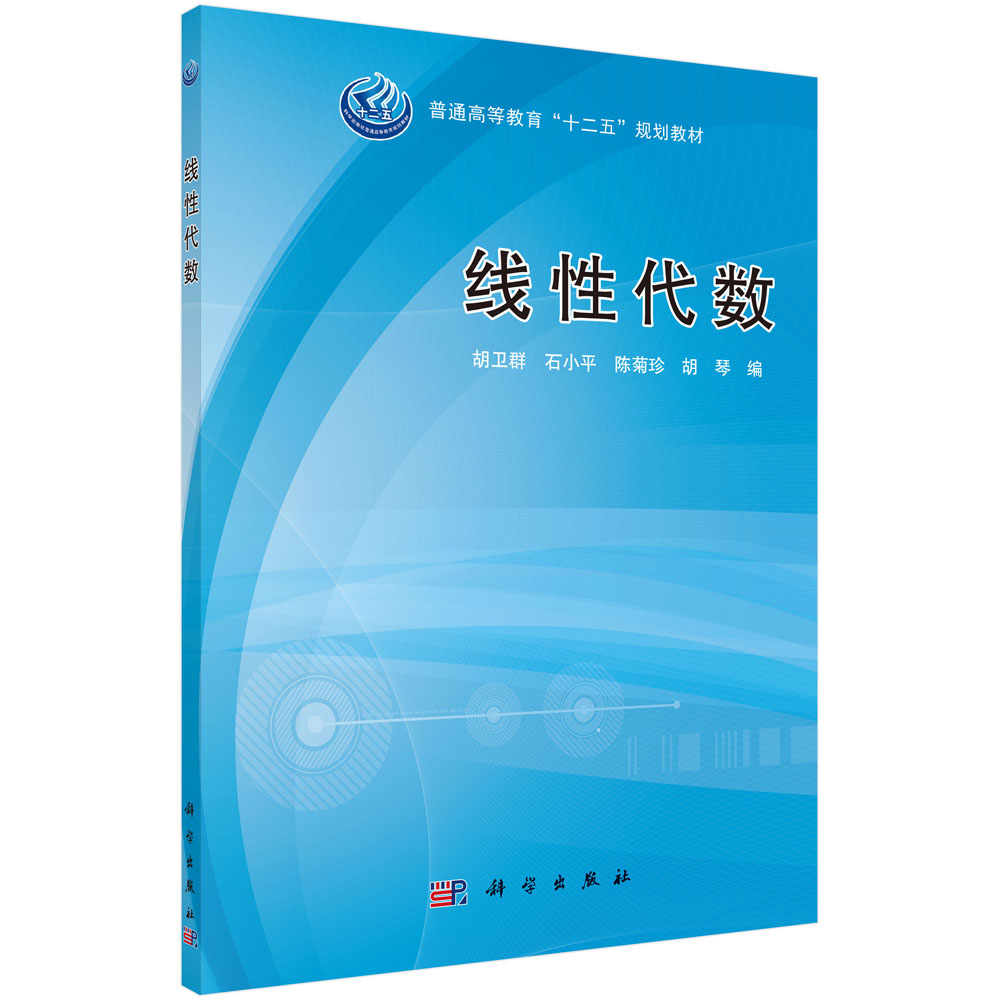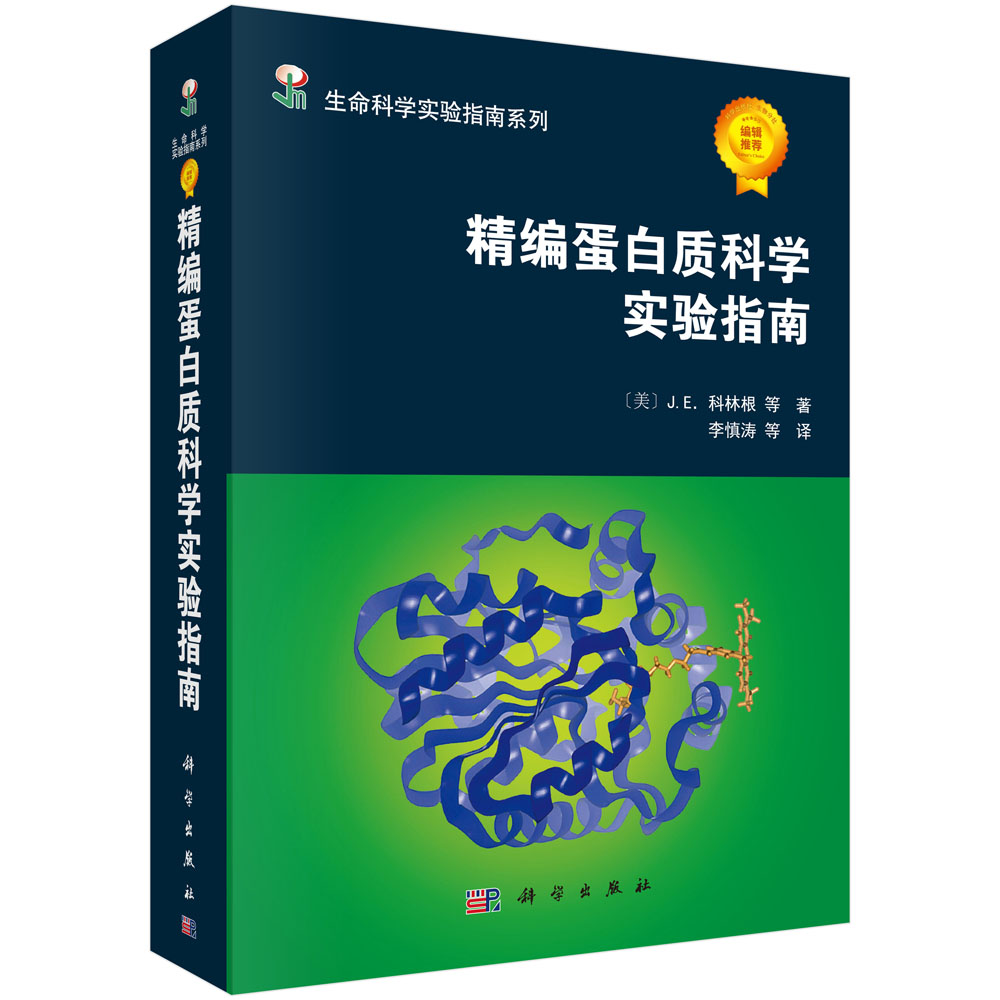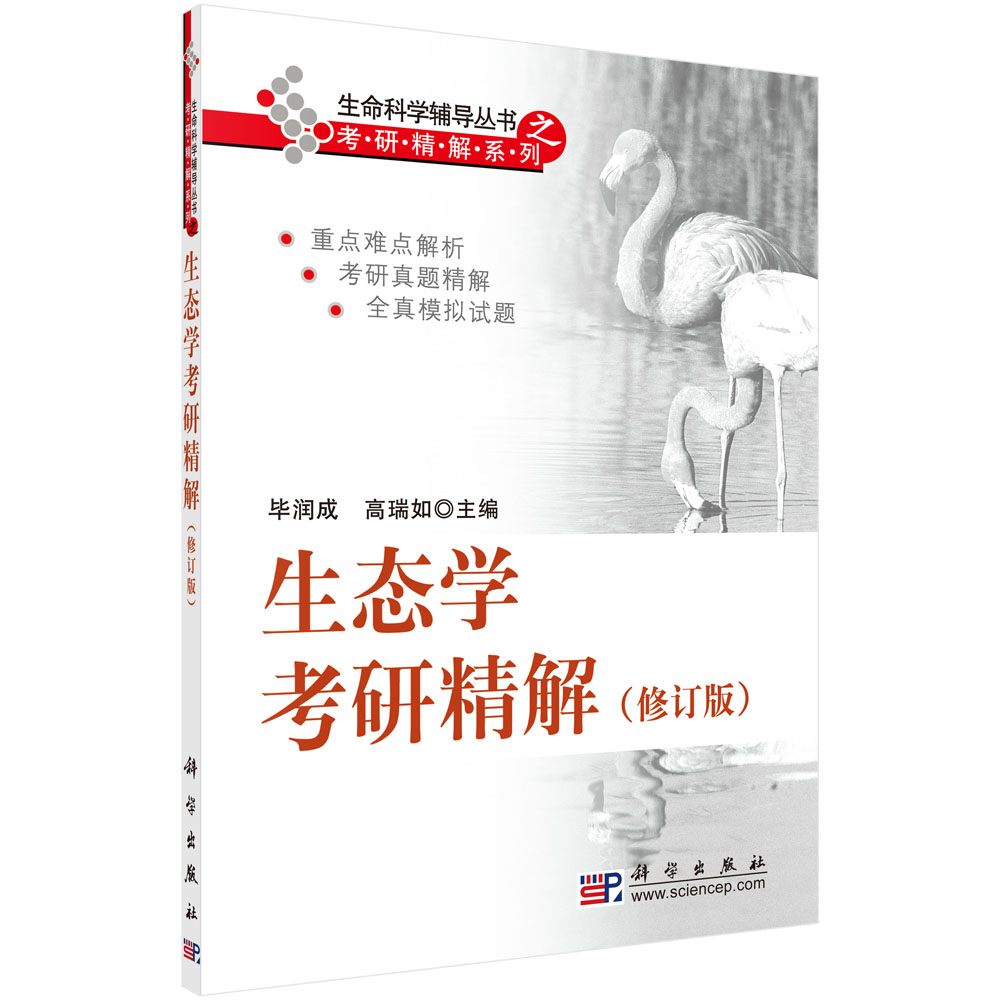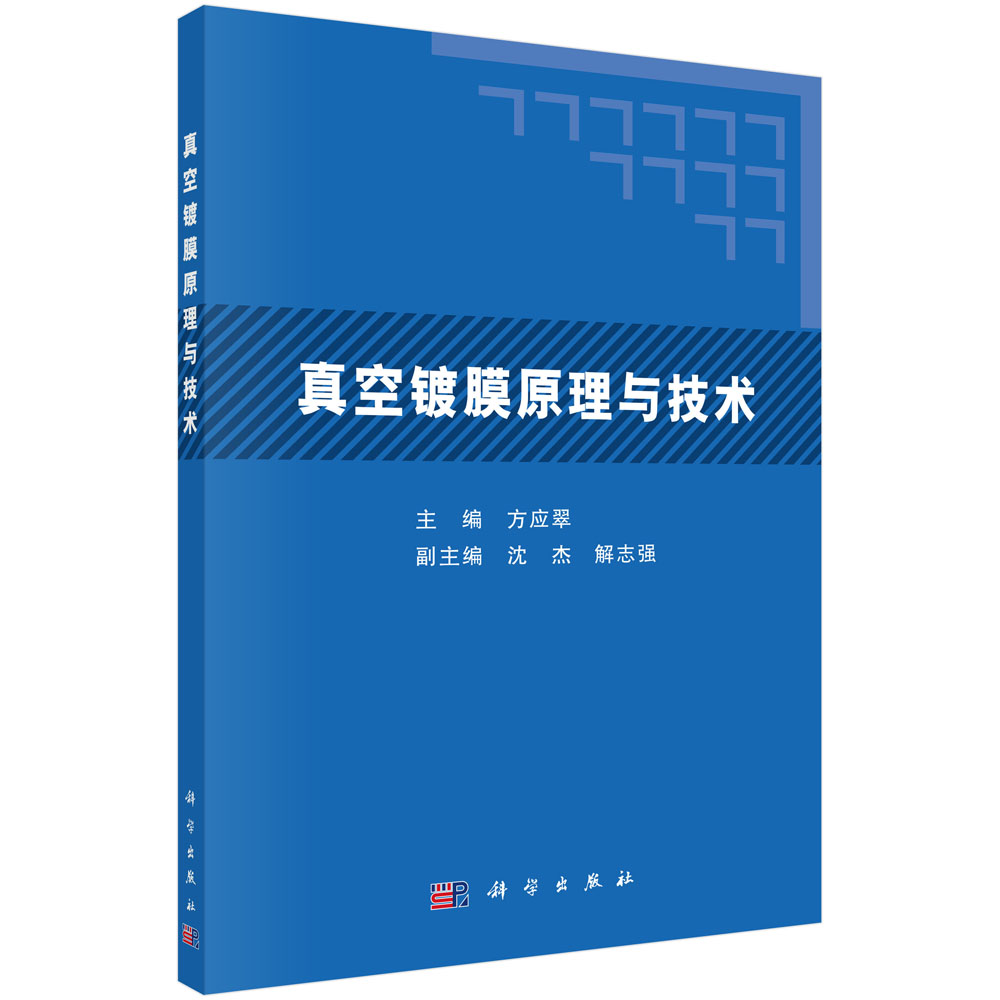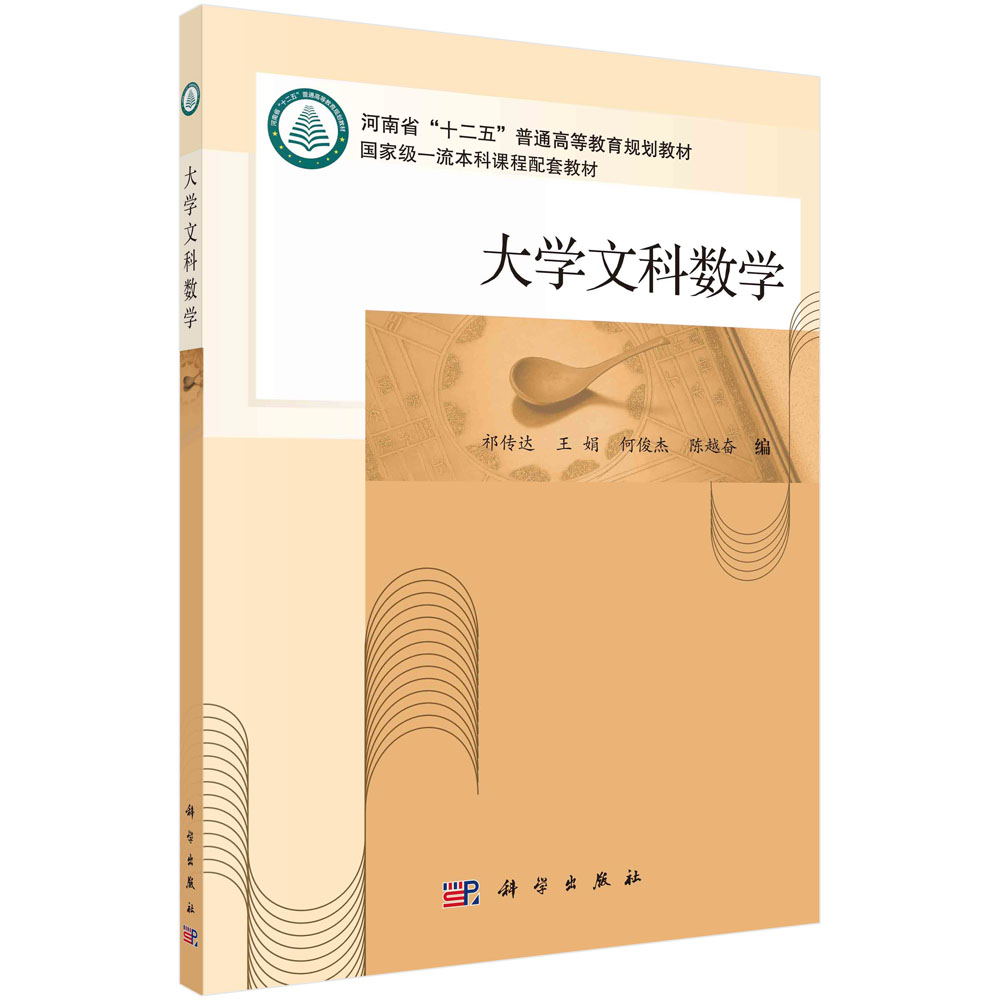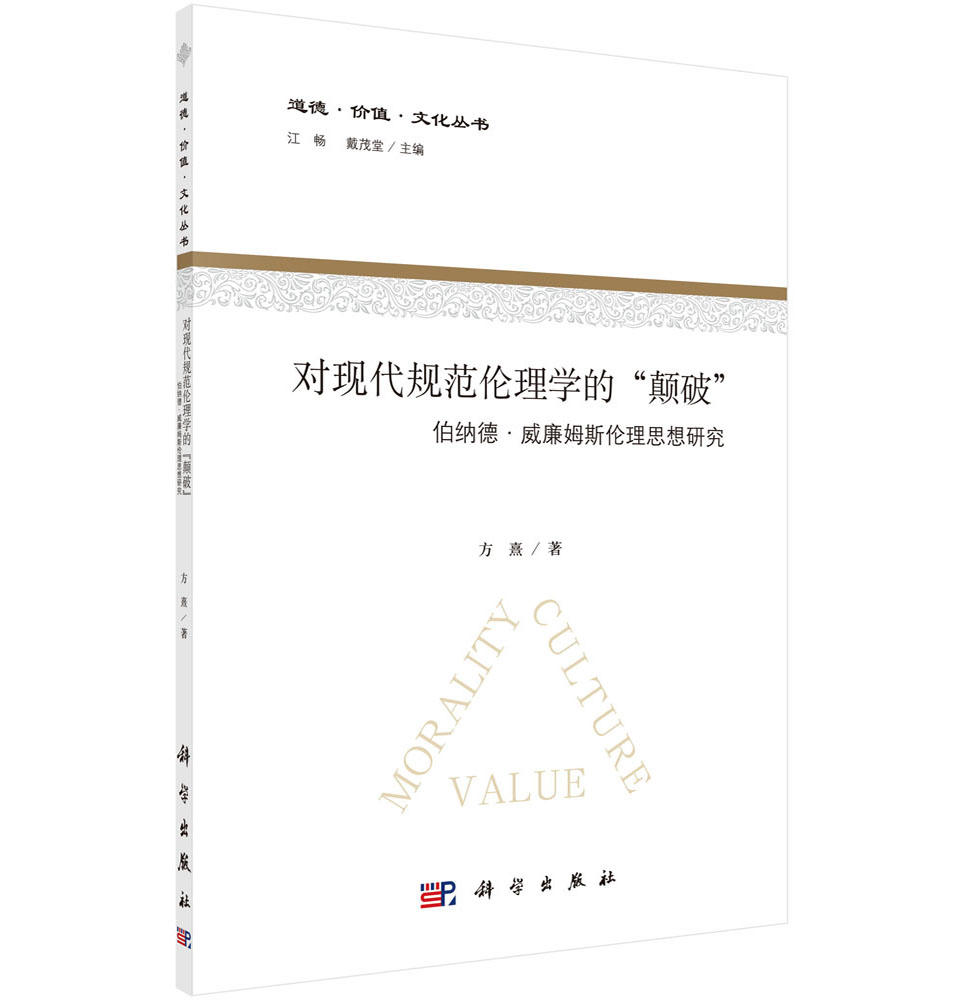气候变化经济学是为应对全球气候变化应运而生的一个新兴的学科和研究领域。它是自然科学和社会科学的结合,旨在评估气候变化的经济影响和人类应对气候变化行为的经济影响与经济效益,并且涉及经济伦理问题。本书聚焦气候变化经济学的集成评估模型研究,从定量化的角度来衡量气候变化以及应对气候变化的相关政策可能产生的国际社会、经济及其对气候正义影响。
本书系统地介绍了气候变化经济学的集成评估模型内容涉及经典的DICE/RICE模型以及作者发展的MRICES模型、EMRICES模型、CIFCIA模型细节,及其构建技术关键,同时报道了将这些模型应用于全球应对气候变化的政策模拟研究,内容包括针对内生技术进步与全球一般均衡下的全球经济变化、碳融资、全球征收碳税等全球治理问题。
样章试读
目录
- 《气候变化经济过程的复杂性丛书》序
前言
第一篇 绪论
第1章 气候变化与气候变化政策模拟(3)
1.1 气候变化的现状(3)
1.2 当前世界的碳排放形势及其经济表现(5)
1.3 气候变化政策模拟的发展(7)
参考文献(11)
第2章 气候变化经济学的集成评估(14)
2.1 IAM定义(14)
2.2 IAM的发展(14)
2.3 IAM的分类(15)
2.4 IAM的不足及发展方向(19)
参考文献(20)
第3章 IAM的建模原理(23)
3.1 DICE/RICE概说(23)
3.2 DICE/RICE模型的基本结构(24)
3.3 全球碳循环模型(27)
3.4 不足之处(29)
参考文献(30)
第二篇 MRICES
第4章 多因子作用模型(35)
4.1 基于干中学机制的多因子模型(35)
4.2 基于研发行为的内生技术进步的多因子模型(40)
4.3 区域GDP溢出(46)
参考文献(49)
第5章 MRICES的应用(50)
5.1 国际气候融资的模型构建(50)
5.2 融资对全球减排作用的模拟(53)
5.3 国际气候保护方案分析(60)
5.4 小结(69)
参考文献(70)
第6章 MRICES的计算问题(72)
6.1 变量补充说明及初值确定(72)
6.2 参数补充说明和参数估计(74)
参考文献(77)
第三篇 EMRICES
第7章 EMRICES的体系(81)
7.1 气候变化问题对IAM发展的需求(81)
7.2 CGE模型与气候变化评估(81)
7.3 EMRICES模型(83)
参考文献(84)
第8章 EMRICES的结构(85)
8.1 动态CGE的基本模型(85)
8.2 MRICES与动态CGE的结合(89)
8.3 海平面变化(91)
第9章 模型的数据、参数及程序实现(94)
9.1 经济类数据(94)
9.2 碳循环模块相关参数(100)
参考文献(102)
第10章 EMRICES的模拟结果(103)
10.1 EMRICES与MRICES2012的基准情景比较(103)
10.2 考虑中国产业结构变动的模拟结果(107)
10.3 中国产业结构调整政策的减排效果评估(119)
参考文献(126)
第四篇 CIECIA
第11章 全球经济的一般经济均衡(131)
11.1 生产行为(131)
11.2 技术进步。(133)
11.3 市场出清与均衡条件(135)
11.4 储蓄行为(137)
11.5 投资模式(139)
11.6 数据来源与参数估计(142)
11.7 小结(145)
参考文献(148)
第12章 碳核算与气候模型(150)
12.1 碳核算模块(150)
12.2 气候反馈与减排政策(151)
12.3 全球碳循环系统(152)
12.4 数据来源(154)
12.5 小结(159)
参考文献(160)
第13章 无减排约束下各国经济增长和碳排放(163)
13.1 基准情景设置(163)
13.2 模拟结果校验(163)
13.3 基准情景模拟与结果分析(168)
13.4 小结(206)
参考文献(207)
第14章 碳排放约束下各国经济增长和碳排放(209)
14.1 全球碳排放控制的三个原则(209)
14.2 碳税政策方案模拟(212)
14.3 全球气候保护合作方案评估(225)
14.4 知识资本投资率提高下的全球气候保护方案分析(269)
14.5 小结(276)
参考文献(278)
第五篇 模型的敏感性
第15章 敏感性分析(283)
15.1 模型的敏感性问题(283)
15.2 参数敏感性(283)
15.3 碳税敏感性分析(291)
15.4 小结(293)
参考文献(294)
索引(295)
彩图
Contents
Genera1 Preface to Economics of C1imate Change Series
Preface
Part 1 Introduction
Chapter One C1imate Change and C1imate Change Po1icy Mode1ing(3)
1.1 The status quo of c1imate change(3)
1.2 The current situation of the wor1d's carbon emissions and economic performance(5)
1.3 Deve1opment of c1imate po1icy mode1ing(7)
Refcrences(11)
Chapter Two Integrated Assessment of the Economics of C1imate Change(14)
2.1 IAM Definitions(14)
2.2 IAM Deve1oDment(14)
2.3 IAM C1assificat1on(15)
2.4 IAM Deficiency and the deve1opment trend(19)
Refercnces(20)
Chapter Three IAM Mode1ing Princip1e(23)
3.1 DICE / RICE Overview(23)
3.2 Basic structure of DICE / RICE(24)
3.3 G1oba1 carbon cyc1e mode1(27)
3.4 Defic1enc1es(29)
Refcrences(30)
Part 2 MRICES Mode1
Chapter Four Mu1ti-factor Mode1(35)
4.1 Mu1ti-factor Mode1 based on 1earning-by-Doing(35)
4.2 Mu1ti-factor Mode1 based on R&D investment of endogenous techno1ogica1 progress(40)
4.3 Regiona1 GDPspi11overs(46)
References(49)
Chapter Five App1ications of MRICES Mode1(50)
5.1 Mode1ing of internationa1 c1imate finance(50)
5.2 Simu1ation on financing for g1oba1 emissions reduction(53)
5.3 Ana1ysisof internationa1 c1imate protection schemes(60)
5.4 Summarv(69)
References(70)
Chapter Six Computation Issues in MRICES Mode1(72)
6.1 Variab1es of c1imate response modu1e(72)
6.2 Parameter instruction and estimation(74)
References(77)
Part 3 EMRICES Mode1
Chapter Seven Framework of EMRICES(81)
7.1 Demand on IAM from the deve1opment of c1imate change(81)
7.2 CGE mode1 and c1imate change assessment(81)
7.3 EMRICES Mode1(83)
References(84)
Chapter Eight Structure of EMRICES(85)
8.1 Structure of dynamic CGE(85)
8.2 Integration of MRICES and dynamic CGE(89)
8.3 Sea-1eve1 change(91)
Chapter Nine Data, Parameters and Programs(94)
9.1 Economv data(94)
9.2 Parameters of carbon cyc1e modu1e(100)
Rcfcrcnces(102)
Chapter Ten Simu1ation Resu1ts of EMRICES(103)
10.1 Comparison of BAU in EMRICES and MRICES-2012(103)
10.2 Simu1ation resu1ts considering China's industria1 structure change(107)
10.3 Assessment on China's industria1 structura1 adjustment po1icies for emission reduction(119)
Refercnces(126)
Part 4 CIECIA Mode1
Chapter E1even Genera1 Equi1ibrium of G1oba1 Economy(131)
11.1 Production behavior(131)
11.2 Techno1ogica1progress(133)
11.3 Market-c1earing and equi1ibrium conditions(135)
11.4 Saving behavior(137)
11.5 Investment modes(139)
11.6 Data sources and parameter estimation(142)
11.7 Summarv(145)
Refercnces(148)
Chapter Twe1ve Carbon Accounting and C1imate Mode1s(150)
12.1 Carbon emission accounting modu1e(150)
12.2 C1imate feedback and emission reduction po1icy(151)
12.3 G1oba1 carbon cyc1e system(152)
12.4 Data source(154)
12.5 Summarv(159)
References(160)
Chapter Thirteen Economic Growth and Carbon Emissions without Carbon Emission Constraint(163)
13.1 Parameter sett1ng(163)
13.2 Ca1i1ratin(163)
13.3 Simu1ation and ana1ysis of the base1ine scenario(168)
13.4 Summarv(206)
Refcrences(207)
Chapter Fourteen Economic Growth and Carbon Emissions with Carbon Emission Constraint(209)
14.1 Three princip1es of g1oba1 carbon emission contro1(209)
14.2 Assessment of Carbon tax po1icies(212)
14.3 Assessment of g1oba1 c1imate protection cooperation programs(225)
14.4 Ana1ysis of g1oba1 c1imate protection scheme with techno1ogica1 progress strategies(269)
14.5 Summarv(276)
References(278)
Part 5 Sensitivities of the Mode1
Chapter Fifteen Sensitivity Ana1ysis(283)
15.1 Sensitivity issues in mode1(283)
15.2 Parameter sensitivity(283)
15.3 Sensitivity ana1ysis of carbon tax(291)
15.4 Summarv(293)
Refcrences(294)
